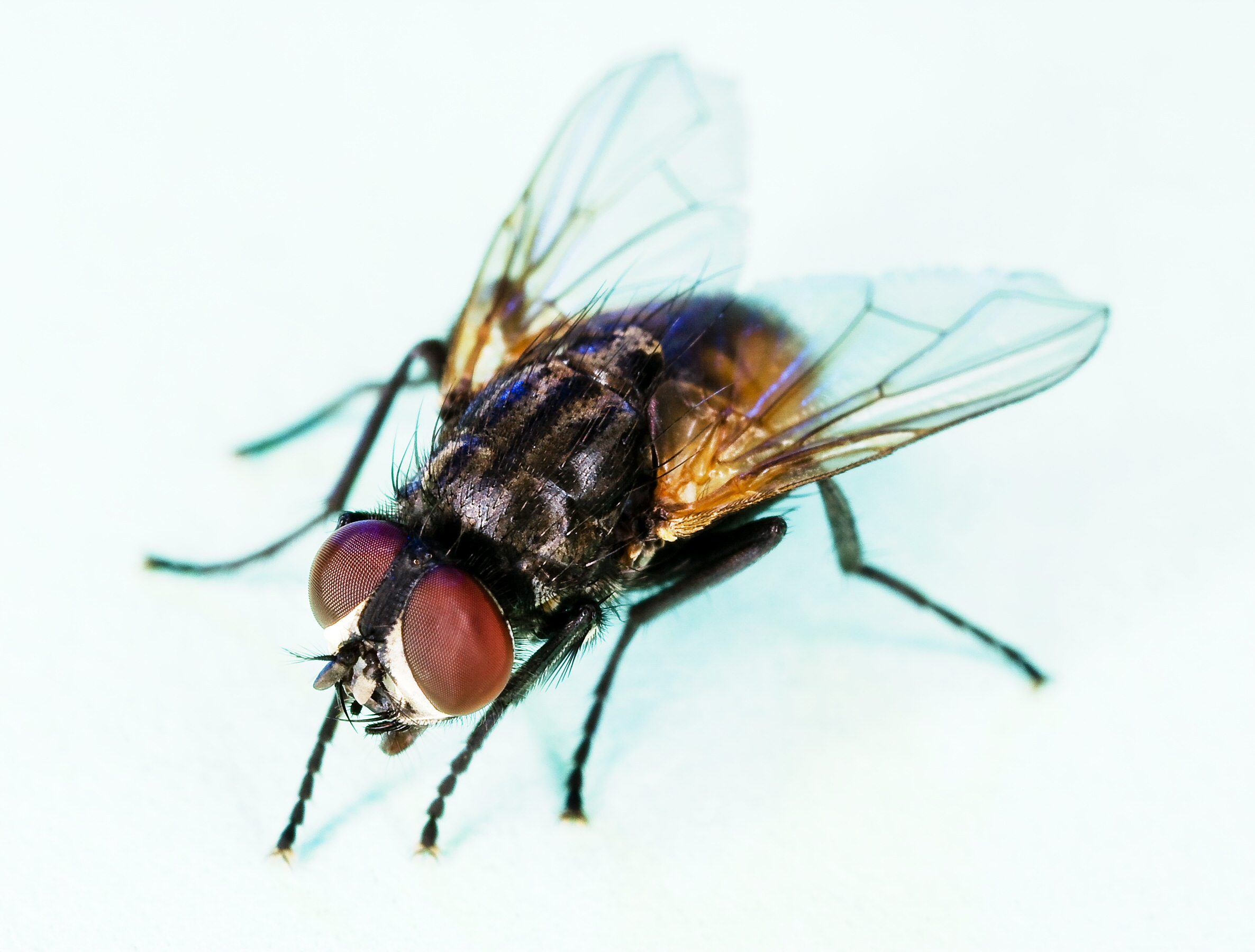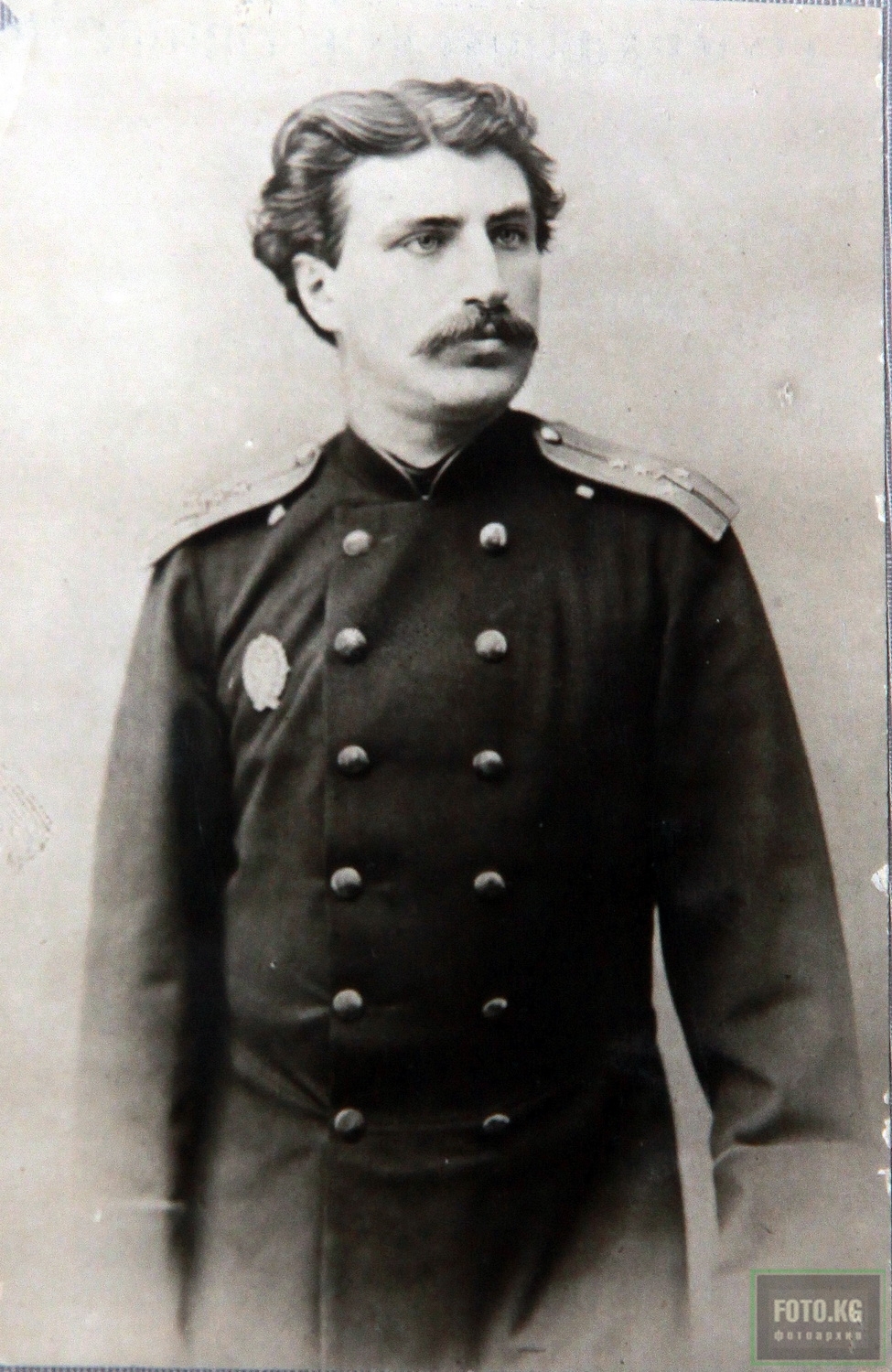|
Ferdinand Morawitz
Ferdinand Ferdinandovich Morawitz (russian: Фердинанд Фердинандович Моравиц, german: Ferdinand Carl Joseph Morawitz; 3 August 1827 in St. Petersburg – 5 December 1896 in St. Petersburg) was a Russian entomologist. His parents were German emigrants from Silesia. He was brought up in a closed school for boys. In 1853, Morawitz graduated from the 'Dorpat' (part of Tartu University), Estonia with a 'Doctor of Medicine' degree. With a final year dissertation on the anatomy of Blatta germanica. After he graduated, he moved to St Petersburg. He then had a Doctors practise for 15 years until 1879. But in his spare time he was interested in entomology. He was one of the founding members of the Russian Entomological Society in 1859. He first published scientific work on Coleoptera in 1860. Morawitz also studied the collection of naturalist Alexei Pavlovich Fedchenko, who had collected significant numbers of insects from three explorations from 1869 to 18 ... [...More Info...] [...Related Items...] OR: [Wikipedia] [Google] [Baidu] |
Entomologist
Entomology () is the scientific study of insects, a branch of zoology. In the past the term "insect" was less specific, and historically the definition of entomology would also include the study of animals in other arthropod groups, such as arachnids, myriapods, and crustaceans. This wider meaning may still be encountered in informal use. Like several of the other fields that are categorized within zoology, entomology is a taxon-based category; any form of scientific study in which there is a focus on insect-related inquiries is, by definition, entomology. Entomology therefore overlaps with a cross-section of topics as diverse as molecular genetics, behavior, neuroscience, biomechanics, biochemistry, systematics, physiology, developmental biology, ecology, morphology, and paleontology. Over 1.3 million insect species have been described, more than two-thirds of all known species. Some insect species date back to around 400 million years ago. They have many kinds of intera ... [...More Info...] [...Related Items...] OR: [Wikipedia] [Google] [Baidu] |
Curator
A curator (from la, cura, meaning "to take care") is a manager or overseer. When working with cultural organizations, a curator is typically a "collections curator" or an "exhibitions curator", and has multifaceted tasks dependent on the particular institution and its mission. In recent years the role of curator has evolved alongside the changing role of museums, and the term "curator" may designate the head of any given division. More recently, new kinds of curators have started to emerge: "community curators", "literary curators", " digital curators" and " biocurators". Collections curator A "collections curator", a "museum curator" or a "keeper" of a cultural heritage institution (e.g., gallery, museum, library or archive) is a content specialist charged with an institution's collections and involved with the interpretation of heritage material including historical artifacts. A collections curator's concern necessarily involves tangible objects of some sort—artwork, c ... [...More Info...] [...Related Items...] OR: [Wikipedia] [Google] [Baidu] |
1896 Deaths
Events January–March * January 2 – The Jameson Raid comes to an end, as Jameson surrenders to the Boers. * January 4 – Utah is admitted as the 45th U.S. state. * January 5 – An Austrian newspaper reports that Wilhelm Röntgen has discovered a type of radiation (later known as X-rays). * January 6 – Cecil Rhodes is forced to resign as Prime Minister of the Cape of Good Hope, for his involvement in the Jameson Raid. * January 7 – American culinary expert Fannie Farmer publishes her first cookbook. * January 12 – H. L. Smith takes the first X-ray photograph. * January 17 – Fourth Anglo-Ashanti War: British redcoats enter the Ashanti capital, Kumasi, and Asantehene Agyeman Prempeh I is deposed. * January 18 – The X-ray machine is exhibited for the first time. * January 28 – Walter Arnold, of East Peckham, Kent, England, is fined 1 shilling for speeding at (exceeding the contemporary speed limit of , the first sp ... [...More Info...] [...Related Items...] OR: [Wikipedia] [Google] [Baidu] |
1827 Births
Eighteen or 18 may refer to: * 18 (number), the natural number following 17 and preceding 19 * one of the years 18 BC, AD 18, 1918, 2018 Film, television and entertainment * ''18'' (film), a 1993 Taiwanese experimental film based on the short story ''God's Dice'' * ''Eighteen'' (film), a 2005 Canadian dramatic feature film * 18 (British Board of Film Classification), a film rating in the United Kingdom, also used in Ireland by the Irish Film Classification Office * 18 (''Dragon Ball''), a character in the ''Dragon Ball'' franchise * "Eighteen", a 2006 episode of the animated television series ''12 oz. Mouse'' Music Albums * ''18'' (Moby album), 2002 * ''18'' (Nana Kitade album), 2005 * '' 18...'', 2009 debut album by G.E.M. Songs * "18" (5 Seconds of Summer song), from their 2014 eponymous debut album * "18" (One Direction song), from their 2014 studio album ''Four'' * "18", by Anarbor from their 2013 studio album '' Burnout'' * "I'm Eighteen", by Alice Cooper common ... [...More Info...] [...Related Items...] OR: [Wikipedia] [Google] [Baidu] |
Russian Entomologists
Russian(s) refers to anything related to Russia, including: *Russians (, ''russkiye''), an ethnic group of the East Slavic peoples, primarily living in Russia and neighboring countries *Rossiyane (), Russian language term for all citizens and people of Russia, regardless of ethnicity *Russophone, Russian-speaking person (, ''russkogovoryashchy'', ''russkoyazychny'') *Russian language, the most widely spoken of the Slavic languages * Russian alphabet * Russian cuisine *Russian culture *Russian studies Russian may also refer to: *Russian dressing *''The Russians'', a book by Hedrick Smith *Russian (comics), fictional Marvel Comics supervillain from ''The Punisher'' series *Russian (solitaire), a card game * "Russians" (song), from the album ''The Dream of the Blue Turtles'' by Sting *"Russian", from the album ''Tubular Bells 2003'' by Mike Oldfield *"Russian", from the album '' '' by Caravan Palace *Nik Russian, the perpetrator of a con committed in 2002 *The South African name for ... [...More Info...] [...Related Items...] OR: [Wikipedia] [Google] [Baidu] |
Hymenoptera Aculeata
Hymenoptera is a large order of insect Insects (from Latin ') are pancrustacean hexapod invertebrates of the class Insecta. They are the largest group within the arthropod phylum. Insects have a chitinous exoskeleton, a three-part body ( head, thorax and abdomen), three ...s, comprising the sawfly, sawflies, wasps, bees, and ants. Over 150,000 living species of Hymenoptera have been described, in addition to over 2,000 extinct ones. Many of the species are Parasitoid wasp, parasitic. Females typically have a special ovipositor for inserting eggs into hosts or places that are otherwise inaccessible. This ovipositor is often modified into a stinger. The young develop through holometabolism (complete metamorphosis (biology), metamorphosis)—that is, they have a wormlike larval stage and an inactive pupal stage before they mature. Etymology The name Hymenoptera refers to the wings of the insects, but the original derivation is ambiguous. All references agree that ... [...More Info...] [...Related Items...] OR: [Wikipedia] [Google] [Baidu] |
Mongolia
Mongolia; Mongolian script: , , ; lit. "Mongol Nation" or "State of Mongolia" () is a landlocked country in East Asia, bordered by Russia to the north and China to the south. It covers an area of , with a population of just 3.3 million, making it the world's most sparsely populated sovereign nation. Mongolia is the world's largest landlocked country that does not border a closed sea, and much of its area is covered by grassy steppe, with mountains to the north and west and the Gobi Desert to the south. Ulaanbaatar, the capital and largest city, is home to roughly half of the country's population. The territory of modern-day Mongolia has been ruled by various nomadic empires, including the Xiongnu, the Xianbei, the Rouran, the First Turkic Khaganate, and others. In 1206, Genghis Khan founded the Mongol Empire, which became the largest contiguous land empire in history. His grandson Kublai Khan conquered China proper and established the Yuan dynasty. After the co ... [...More Info...] [...Related Items...] OR: [Wikipedia] [Google] [Baidu] |
China
China, officially the People's Republic of China (PRC), is a country in East Asia. It is the world's most populous country, with a population exceeding 1.4 billion, slightly ahead of India. China spans the equivalent of five time zones and borders fourteen countries by land, the most of any country in the world, tied with Russia. Covering an area of approximately , it is the world's third largest country by total land area. The country consists of 22 provinces, five autonomous regions, four municipalities, and two Special Administrative Regions (Hong Kong and Macau). The national capital is Beijing, and the most populous city and financial center is Shanghai. Modern Chinese trace their origins to a cradle of civilization in the fertile basin of the Yellow River in the North China Plain. The semi-legendary Xia dynasty in the 21st century BCE and the well-attested Shang and Zhou dynasties developed a bureaucratic political system to serve hereditary monarchies, or dyna ... [...More Info...] [...Related Items...] OR: [Wikipedia] [Google] [Baidu] |
Grigorij Nikolaevich Potanin
Grigory Nikolayevich Potanin (alt. Grigorij Potanin) (russian: Григорий Николаевич Потанин; 4 October 1835 – 6 June 1920) was a Russian ethnographer and natural historian. He was an explorer of Inner Asia, and was the first to catalogue many of the area's native plants. On home soil, Potanin was an author and a political activist who aligned himself with the Siberian independence movement. Life Early life Potanin attended a Page Corps in Omsk, a military school for children from wealthy families. Potanin initially travelled to Siberia while serving with a Cossack division in Altaj in the 1850s. He returned to Saint Petersburg in 1858 to study Mathematical Physics. He was arrested for his participation in student demonstrations in 1861, and expelled from Saint Petersburg University. After spending three months in Petropavlovskaya fortress, he returned to Siberia. After leaving prison, he travelled to Siberia with Nikolai M. Yadrintsev, w ... [...More Info...] [...Related Items...] OR: [Wikipedia] [Google] [Baidu] |
Nikolai Przhevalsky
Nikolay Mikhaylovich Przhevalsky (or Prjevalsky;; pl, Nikołaj Przewalski, . – ) was a Russian geographer of Polish descent (he was born in a Polish noble family), and a renowned explorer of Central and East Asia. Although he never reached his ultimate goal, the holy city of Lhasa in Tibet, he traveled through regions then unknown to the West, such as northern Tibet (modern Tibet Autonomous Region), Amdo (now Qinghai) and Dzungaria (now northern Xinjiang). He contributed substantially to European knowledge of Central Asian geography. He also described several species previously unknown to European science: Przewalski's horse, Przewalski's gazelle, and the wild Bactrian camel, all of which are now endangered. He was a mentor of his follower Pyotr Kozlov. Biography Przhevalsky was born in Kimborovo, in the Smolensky Uyezd of the Smolensk Governorate of the Russian Empire in the Polish noble family. He studied there and at the military academy in St. Petersburg. In ... [...More Info...] [...Related Items...] OR: [Wikipedia] [Google] [Baidu] |
Turkestan
Turkestan, also spelled Turkistan ( fa, ترکستان, Torkestân, lit=Land of the Turks), is a historical region in Central Asia corresponding to the regions of Transoxiana and Xinjiang. Overview Known as Turan to the Persians, western Turkestan has also been known historically as Sogdia, "Ma wara'u'n-nahr" (by its Arab conquerors), and Transoxiana by western travelers. The latter two names refer to its position beyond the River Oxus when approached from the south, emphasizing Turkestan's long-standing relationship with Iran, the Persian Empires, and the Umayyad and Abbasid Caliphates. Oghuz Turks (also known as Turkmens), Kyrgyzs, Uzbeks, Kazakhs, Khazars, Uyghurs and Hazaras are some of the Turkic inhabitants of the region who, as history progressed, have spread further into Eurasia forming such Turkic nations as Turkey, and subnational regions like Tatarstan in Russia and Crimea in Ukraine. Tajiks and Russians form sizable non-Turkic minorities. It is subdivided into A ... [...More Info...] [...Related Items...] OR: [Wikipedia] [Google] [Baidu] |

.jpg)
.jpg)


